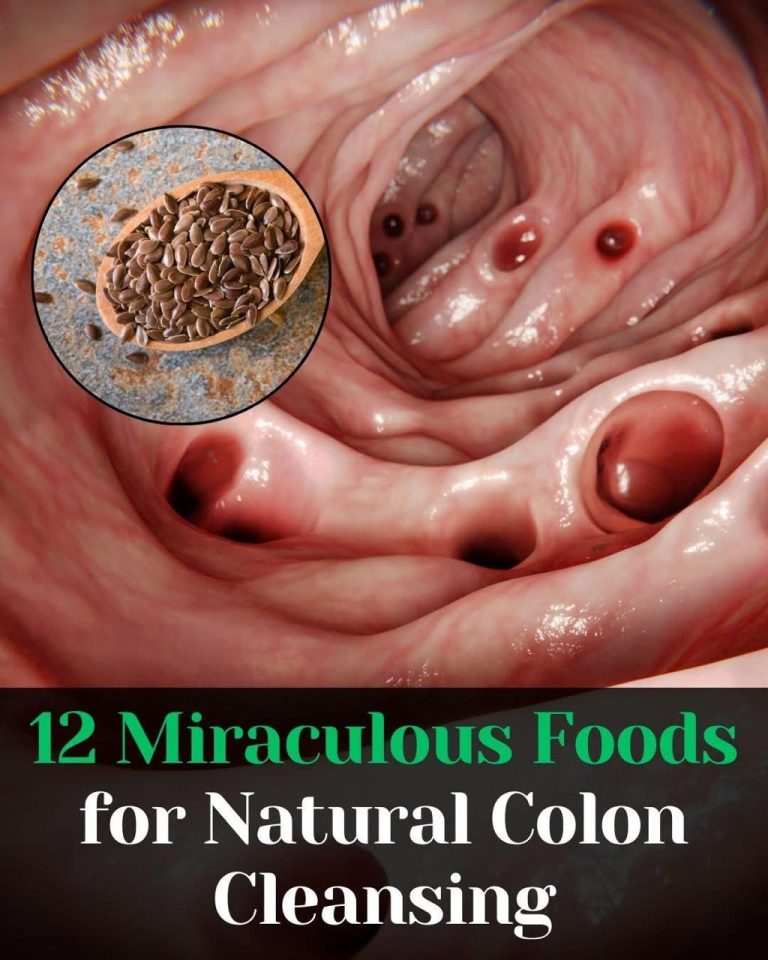4. Chia Seeds

Chia seeds are packed with fiber that promotes healthy gut bacteria growth and bowel regularity. They also contain healthy fatty acids that promote health in general. Again, be careful with how much you are consuming. While chia is good for your health, overconsumption does not necessarily equate to more benefits.
5. Papaya

Containing the digestive enzyme papain, papaya helps break down protein fibers and eases symptoms of IBS. It is also a delicious source of vitamin C and other nutrients. Consider adding some fresh papaya to your morning bowl of yogurt with some honey and oats for a tasty, nutrient-packed and digestion promoting breakfast.
6. Whole Grains

Whole grains like oats, whole wheat, and quinoa improve digestion by adding bulk to stools and feeding healthy gut bacteria. While some fad diets will attempt to discourage you from eating these foods, we assure you that they are good for your health and that your body does, in fact, need them. The quantities you need, of course, will depend on the amount of physical activity you do and what kind of physical activity that is.
7. Beets

Beets are a good source of fiber that feeds gut bacteria and promotes healthy digestion. Though some are put off by their earthy taste, when prepared well they can be incredibly delicious. Consider roasting them with some salt, pepper, and other seasonings you enjoy to be added to salads, ‘buddah’ bowls, and other meals. You can also add them to smoothies for an extra bit of nutritional value. Do be mindful of the quantity of beets you consume, as they can cause your urine to turn red and also may send you to the bathroom for a bowel movement more urgently than you’d like.
8. Ginger

Known for aiding digestion and preventing nausea, ginger accelerates gastric emptying and reduces discomfort. Ginger has been used for centuries in many different cultures to help ease troubled tummies, promote digestion, and protect against bacterial infection. Though powdered ginger does have benefits, use the fresh product whenever possible.
9. Dark Green Vegetables

Rich in insoluble fiber and magnesium, dark green vegetables enhance bowel movements and promote good gut bacteria. Leafy greens are high in a specific kind of fiber known as prebiotics. These help add bulk to stools and keep your digestive system moving well. On top of that, these dark green wonders are so full of other important vitamins and minerals that you really can’t afford not to include them in your diet. These include kale, lettuces, collard greens, arugula, and broccoli, and really any other dark green vegetable.
10. Salmon

One of the reasons why so many of us experience stomach problems, bloating, and other digestion-related ailments is due to inflammation throughout our digestive tract. Salmon’s omega-3 fatty acids reduce inflammation in the gut, benefiting those with digestive disorders. These healthy fats are also extremely important for so many other areas of our health, so be sure to include responsibly sourced salmon as often as you are able.
11. Fermented Foods

Fermented foods are those that have gone through a fermentation process. This means that they will have a high amount of probiotics and work wonders for our digestion. The following are some of the best fermented foods to eat on a regular basis:
- Kefir: Contains probiotics that improve lactose digestion and reduce inflammation in the gut. For those who don’t consume dairy, you can find vegetarian versions. Be sure to choose versions that do not contain added sugars.
- Kombucha: A fermented tea rich in probiotic bacteria, beneficial for digestion and gut health. Look for ones that include other gut-healthy ingredients, like ginger, and that don’t have added sugar.
- Miso: Made from fermented soybeans, miso aids digestion by increasing good gut bacteria. Be mindful of salt when buying miso-based products.
- Kimchi: A fermented vegetable dish that promotes good bacteria growth in the colon and aids digestion. Again, be mindful of salt and other unwanted added ingredients.
- Natto: Another fermented soy-based food containing probiotics to support gut health and digestion (its also high in vitamin K!). Other fermented soy products include tempeh. Choose unflavored versions and then add flavoring yourself when preparing to avoid unwanted salt and chemical ingredients.
- Sauerkraut: Made from fermented cabbage, sauerkraut is rich in probiotics and enzymes that aid in digestion. Choose organic whenever possible.
- Continued on next page
